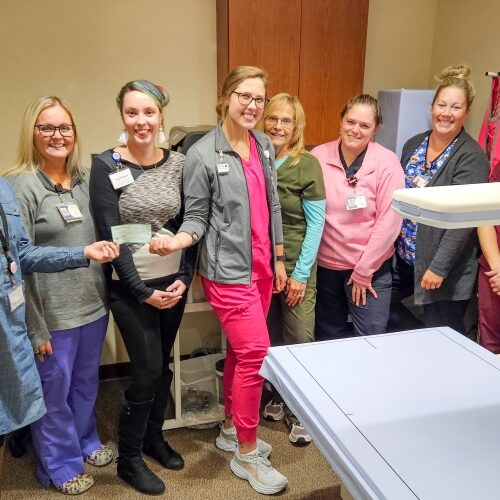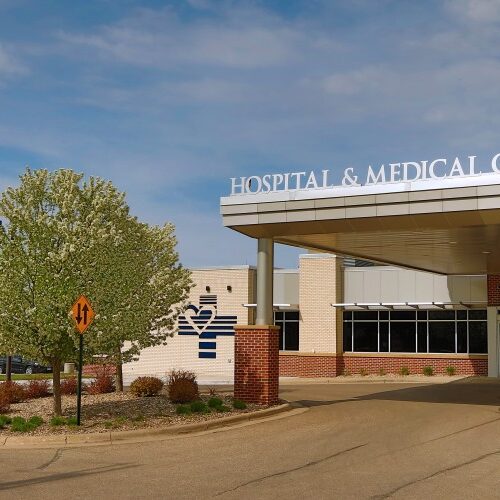Save the date for a Dinner, Dance & Auctions on Saturday, October 5, hosted by the Auxiliary of Glacial Ridge Health System. Tickets for the sell-out event go on sale in August.
Tag: Harvest Ball
Auxiliary of GRHS Completes Their Pledge
After a successful Harvest Ball, the Auxiliary President presented a check for $20,000 to the Radiology Department.
A Shout Out to the Harvest Ball Live Auction Donors
The live auction was among the evening's most entertaining and successful aspects of the Harvest Ball, the Auxiliary of Glacial Ridge Health System's largest fundraiser.
Fly Me To The Moon – 19th Annual Harvest Ball Theme
The Harvest Ball is quickly approaching, with September 22 being the last day to buy tickets! Friday, October 6, Minnewaska House will be transformed into a “Fly Me To The Moon,” Sinatra-era lounge theme where community members can dress up and enjoy an evening with friends. Doors open with a social hour at 5 p.m.,...
19th Annual Harvest Ball
Save the date for a Dinner, Dance & Auctions on Friday, October 6, hosted by the Auxiliary of Glacial Ridge Hospital. Tickets for the sell-out event go on sale in August.
18th Annual Harvest Ball a Roaring Success
The Auxiliary of Glacial Ridge Hospital's annual event was a success and raised money to help purchase a new bone density scanner in the Radiology Department at GRHS.
18th Annual Auxiliary Harvest Ball Fundraiser Promises to be Roaring Fun
Originally Published in the Pope County Tribune, September 12, 2022 It’s time to dust off your dancing shoes and get out the 3-piece suits and flapper gowns! The 18th Annual Glacial Ridge Hospital Auxiliary Harvest Ball is back after a two-year hiatus and will be held on Friday, October 7th at the Minnewaska House. This...
18th Annual Harvest Ball
It will be a memorable night - a Roaring 20's Harvest Ball at Minnewaska House on Friday, October 7. Tickets are limited and sell fast, get yours today and support a great cause.
Auxiliary Pledges $50,000 to Radiology Department
While the harvest Ball was canceled, as they say, the show must go on. Auxiliary members remain dedicated to their vision of raising money.
17th Annual Harvest Ball – CANCELED
Unfortunately, this event and fundraiser for the Auxiliary of Glacial Ridge Hospital is canceled for 2021. The Auxiliary is sponsoring a mail-in fundraiser. We hope to see you at the ball in 2022!
- 1
- 2







